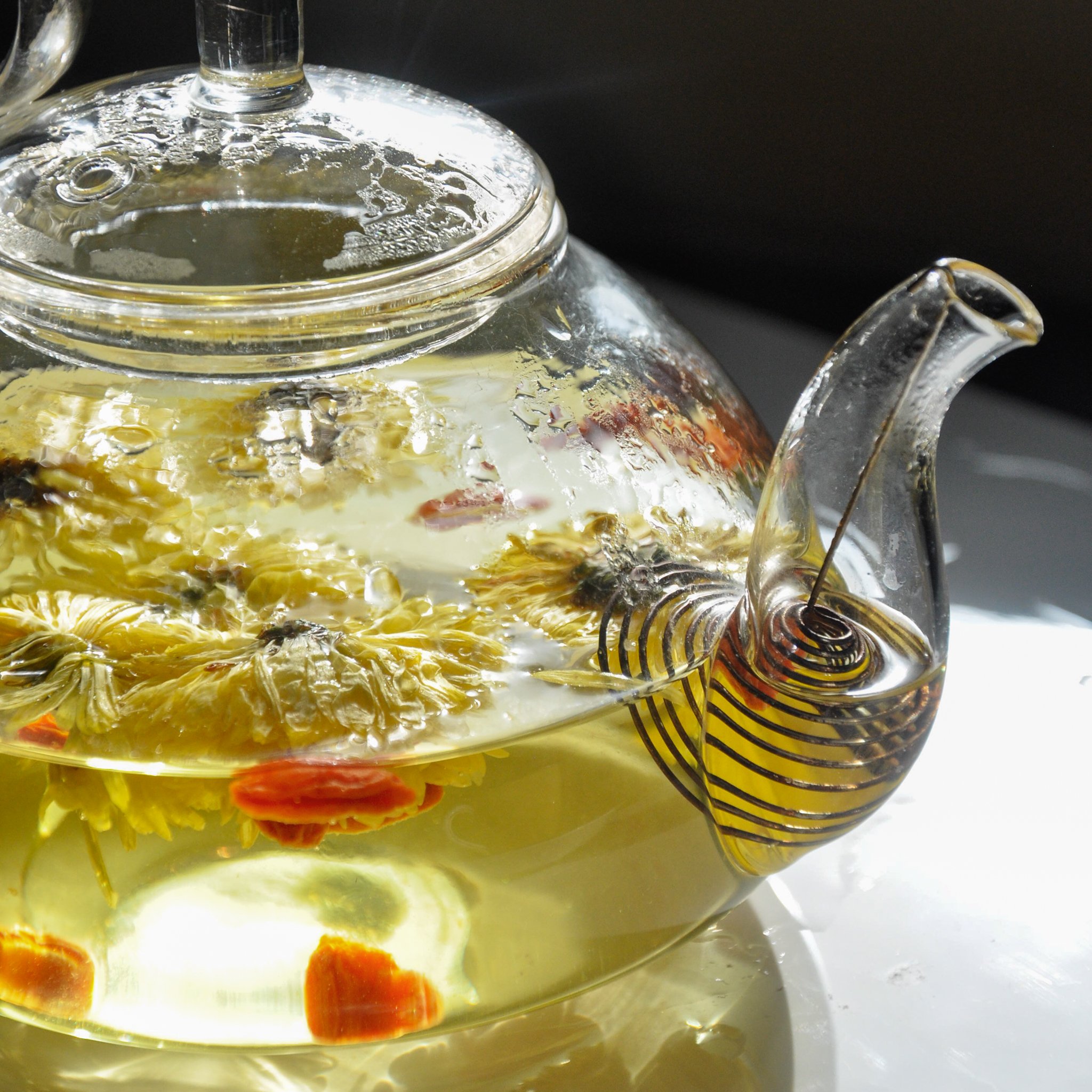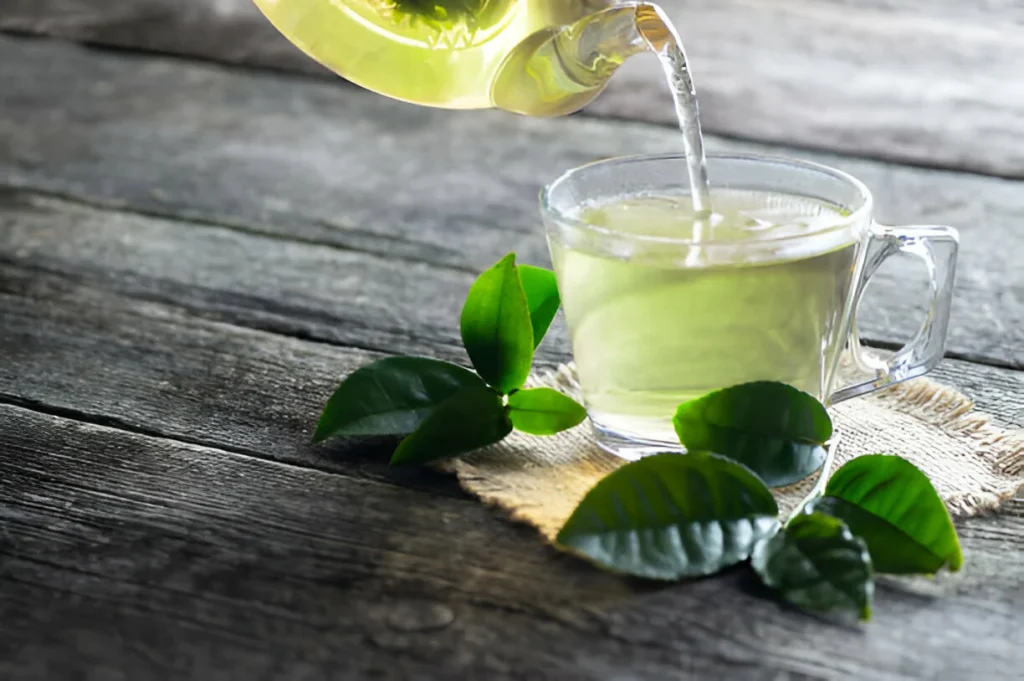As a lifelong tea lover, I’ve always appreciated tea for its flavor, ritual, and the sense of comfort it brings. But it’s fascinating to see Western science beginning to explore what tea drinkers in the East have believed for centuries—that tea contributes to maintaining health and vitality. While research is still in its early stages, there’s a growing body of evidence suggesting that the compounds in tea may offer healthful benefits.
Antioxidants: Tea’s Natural Defence System
At the heart of tea’s potential health benefits are the flavonoids it contains. These antioxidant plant compounds, found in tea leaves and buds from Camellia sinensis, are divided into two groups: flavonols and flavanols. Tea is particularly rich in flavanols, specifically catechins, which are known for their role in combating oxidative stress.
Catechins are like tea’s built-in defense system, offering protection against oxidative DNA damage caused by free radicals—unstable toxic molecules that can harm healthy cells. Left unchecked, free radicals can contribute to illness and even organ disease. While the exact impact of catechins on human health is still being studied, their antioxidant properties are widely recognized.
Tea as a Feel-Good Beverage
For me, the reasons to drink tea go beyond any potential health benefits. Tea is a pleasure beverage—it tastes amazing, creates moments of calm, and delivers a sense of well-being. The caffeine in Camellia sinensis provides a gentle stimulant effect, helping me stay alert and focused without the jitters that often come with coffee.
One of the best parts about tea is that it has virtually no side effects for most individuals. Whether I’m sipping a refreshing green tea, a soothing white tea, or a bold black tea, I feel an instant boost—not just physically, but mentally and emotionally.
A Word of Caution
That said, it’s important to keep things in perspective. Tea is not a replacement for medical care, nor should it be used as a self-directed treatment for illness or disease. While there’s plenty of buzz about the potential healthful benefits of tea, these claims haven’t been conclusively proven by science.
If you’re considering drinking tea as part of a medical regimen, it’s always best to consult with your doctor or healthcare team. They can help you determine whether tea fits into your overall health plan, especially if you’re undergoing treatment or managing a specific condition.
Why Drink Tea?
At the end of the day, the best reason to drink tea is the same as it has always been: because it’s delicious, soothing, and a joy to share with others. Whether or not the science catches up to centuries of belief, tea remains a beverage that connects us to tradition, enhances our daily rituals, and makes life a little brighter.
Tea isn’t a miracle cure, but it’s a daily indulgence that promotes mindfulness, relaxation, and a sense of balance—benefits that go far beyond the cup.





